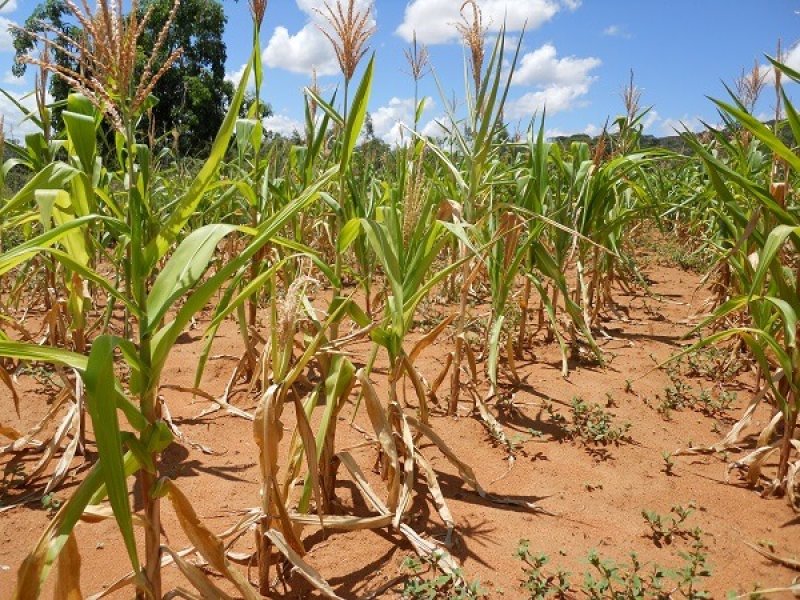Water stress arising from drought conditions can trigger outbreaks of bark beetles, wood borers, and sap feeders like spider mites. But a team of researchers led by Ricardo Ramirez, Ph.D., associate professor of biology at Utah State University, discovered that plants that are bred (and sometimes engineered) to resist drought can also fend off mites. Their research was published November 25 in the Journal of Economic Entomology.
Water-stressed plants usually increase their tissue concentrations of sugars, amino acids, and other inorganic compounds. Therefore, the plants’ nutritional value increases, particularly to herbivorous animals. Mite species especially have shown increased reproductive rates, shorter generational turnover times, and faster egg hatches on water-stressed plants than they do on plants in optimal conditions.
The team tested how drought-tolerant and drought-susceptible corn hybrid plants grown in varying irrigation levels affected Banks grass mite levels in the greenhouse. Then, populations of O. pratensis were evaluated in a two-year field experiment with drought-tolerant and drought-susceptible corn hybrids.
The findings were surprising—mite population responses were similar in tolerant and susceptible plants undergoing optimal irrigation. But when water was held back (simulating a drought), mite populations were reduced overall on all three types of drought-tolerant plants.































